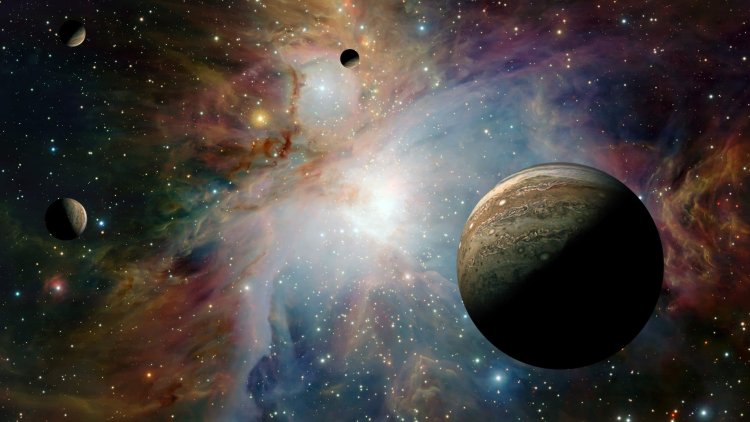A new exoplanet discovered in our neighborhood!
Astronomers have detected something that they believe is one of the largest exoplanets ever discovered in the orbit of a star closest to our Sun.

Astronomers have detected something that they believe is one of the largest exoplanets ever discovered in the orbit of a star closest to our Sun.
Using the very large telescope of the European Southern Observatory in Chile, they found evidence of a cosmic body orbiting around the Proxima Centauri. This planet is third detected in this system and has only a quarter of the Earth's mass, which makes it the lightest planet that orbit around this star, located only four light years from our Sun.
This is also one of the lightest exoplanets ever found, the researchers confirmed. The lead author of the new study, Joao Faria, an astronomer at the Institute of Astrophysics and Space Science in Portugal, said: "The new discovery has proven that our closest stellar neighbor has very interesting new worlds that require future research."
Named Proxima D, the recently discovered planet orbits around Proxima Centauri at a distance of about four million kilometers, which is ten times less than Mercury's distance from the Sun. Astronomers have discovered that it orbits closer to its star than its habitable zone, that is, the space around the star where liquid water can exist on the planet's surface. At the same time, this planet requires only five days to turn a complete circle. The other two planets have already been confirmed in orbits around this neighboring star.
Proxima B, which completes its orbit around the star every eleven days, has an Earth-like mass and is within the habitable zone. Proxima C is in a longer, five-year orbit around the star. The discovery of Proxima B planet was confirmed in 2020 when scientists observed the system with a new instrument called ESPRESSO, which has far greater precision.
During these observations, astronomers noticed the first signs of a signal corresponding to a cosmic body in a five-day orbit. However, because the signal was weak, the team conducted further research with the ESPRESSO system to confirm that it was actually a planet, not simply a change in the star itself.
As Faria concluded: "After we collected all the data and conducted new research, we were able to confirm the signal of a new planetary candidate. I am excited about the challenges of detecting small signals like these, but especially about the final work that allows us to discover a new exoplanet so close to our Earth."




























